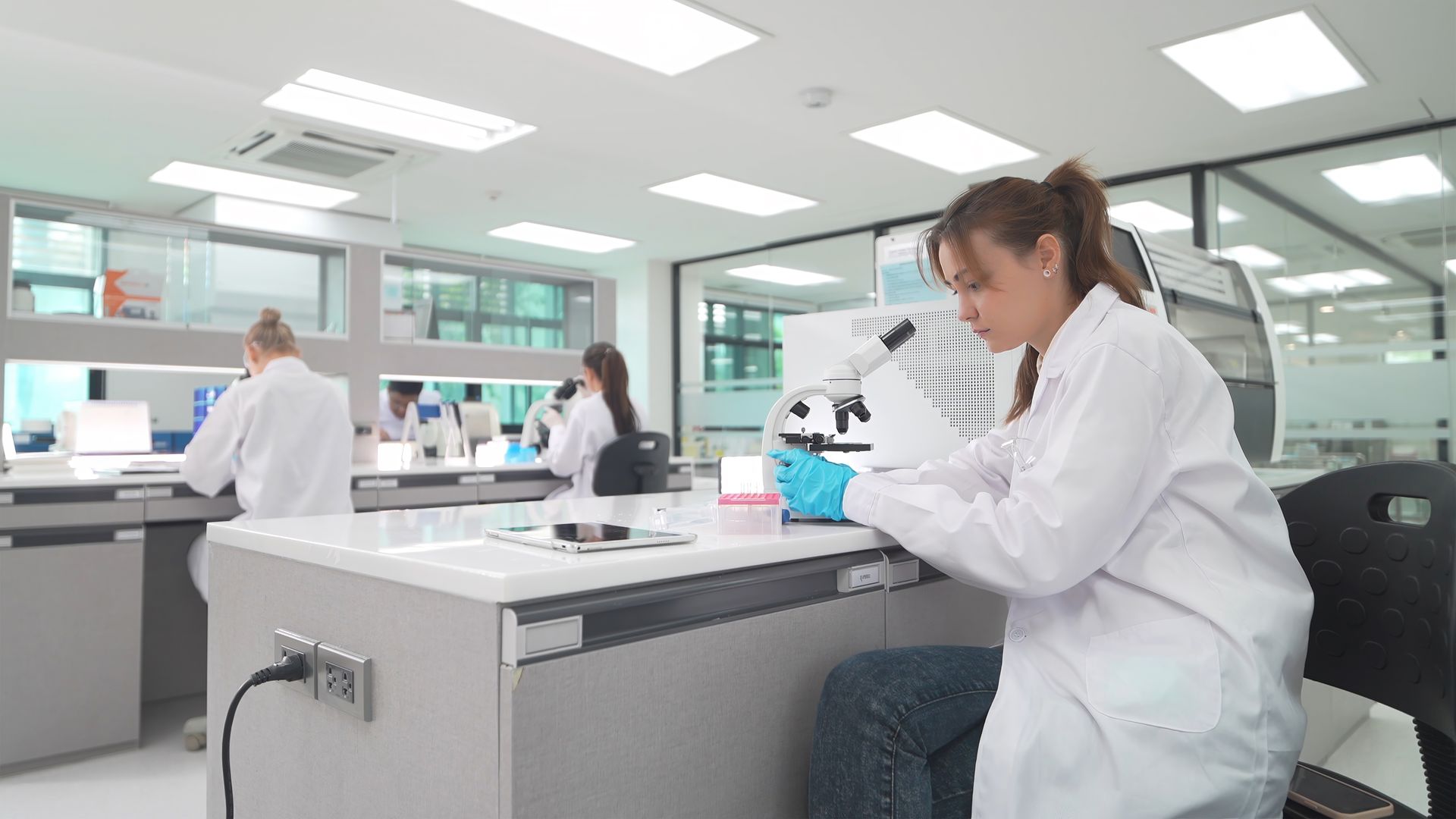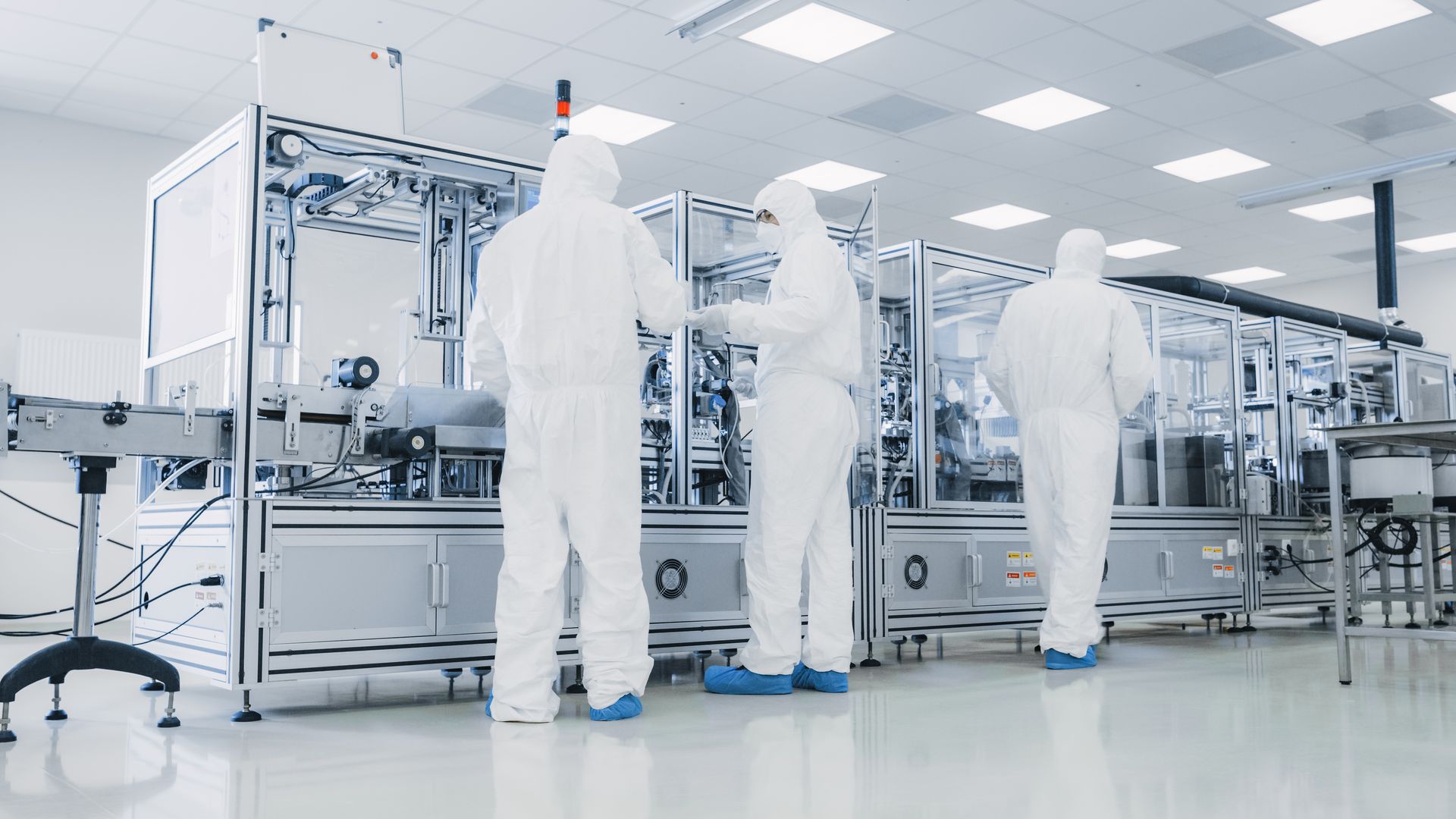Outsourced Lab Asset Management: How Do I Know if I’m Spending too Much or Too Little?
Ted Palashis | May 28, 2022
Having effective, proficient, and expert management of your laboratory’s assets is not only ideal, but critical for the success, longevity, and performance of your operations. Entrusting the qualification, procurement, and oversight of your lab’s instrumentation to a dedicated third-party can not only provide the highest level of service, it can alleviate your staff’s time and resources to focus on your organizational goals. However, it is important to know what your spending, and more importantly, where those funds are going once you agree to outsource your lab’s asset management. Committing to bolstering your staff with expert asset management has many benefits; but spending too much is wasteful and spending too little can be worse. Let’s take a closer at the services you should receive from a third-party asset manager, and if it makes sense for your budget.
The Danger of Spending Too Little on Laboratory Asset Management
As laboratories mature, they develop ingrained ways of dealing with repairs, maintenance and the management of its assets. If done internally, the burden usually falls on facilities personnel, lab management or end users who usually do not have the engineering skills, availability or expertise to properly maintain the laboratory’s assets. Making a smaller than necessary commitment to streamlining this critical operational aspect can muddy the waters, disjoint communication, and counteract the benefits of asset management. Furthermore, it is a new expense that needs to be accounted for, without the advantages it can create.
The Problem with Spending Too Much on Laboratory Asset Management
Going overboard on additional, unnecessary services can significantly impact your bottom line. While we’ve addressed the problem with underspending, going in the opposite direction isn’t advised either. With too many cooks in the kitchen, the same communication issues, and inefficiencies can be experienced, but with a bigger price tag. Your lab asset management partner should understand your needs, find ways to create new efficiencies and safeguards, and create the best possible plan for your operation.
The Benefits of Finding the Right Asset Laboratory Management Partner
Aside from the laboratory’s personnel, its instrumentation is its most important tangible asset. As laboratory operations are extremely complex and instrumentation requirement profiles constantly change, the required skills to properly manage those assets cannot be underestimated. Most laboratories, regardless of their size, lack the internal resources and expertise to properly manage their assets in a way that allows the lab to properly maintain a level of efficiency and cost effectiveness.
This approach usually results in critically overlooked maintenance activities, inconsistent coordination and monitoring of routine maintenance and qualification schedules and a lack of focus on the scientific mission of the laboratory. Because of the uncoordinated nature of an unharmonized approach, underutilized assets that can often be redeployed to areas of the lab that could use the additional resources are often not on the radar screen and thus not considered, resulting in overlapping capabilities and additional costs.
Overbrook is a professional laboratory services firm that provides a diverse range of lifecycle services including maintenance services, lab relocations, asset management and new and reconditioned instrumentation.




